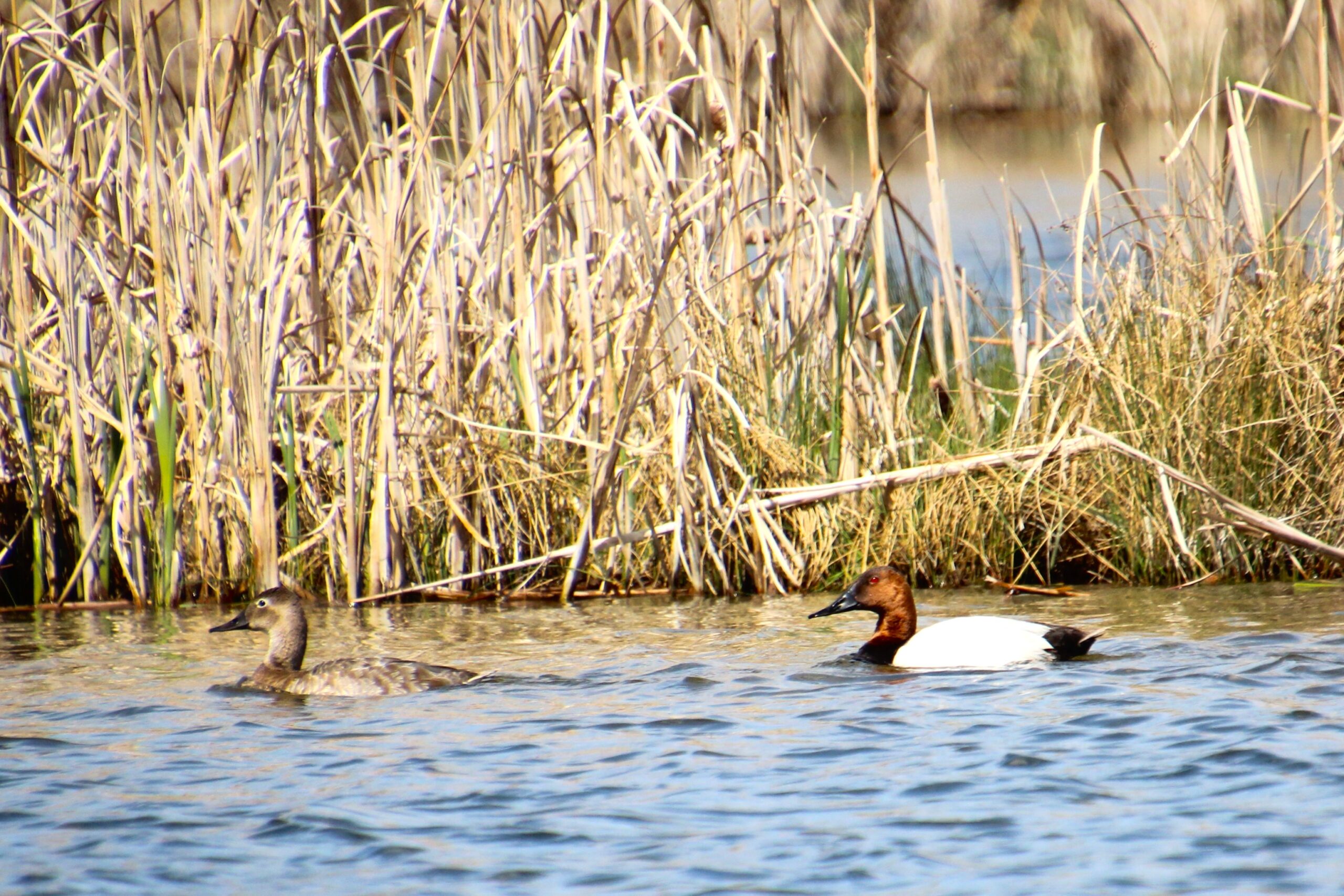I was a young university undergraduate when President Jack F. Kennedy was assassinated on November 22, 1963. All the students were shocked to hear of his death and many of us gathered in the students union building to listen to up-to-date details of how it happened in Dallas. There was shock all over the country with people gathering near a radio to listen to details of the assassination.
In his inaugural address that he spent two months crafting, Kennedy –at 43, the youngest president elected to the office and the first Roman Catholic — stressed the importance of national service.
“Let every nation know, whether it wishes us well or ill, that we shall pay any price, bear any burden, meet any hardship, support any friend, oppose any foe, to assure the survival and the success of liberty,” he said.
“To those new states whom we welcome to the ranks of the free, we pledge our word that one form of colonial control shall not have passed away merely to be replaced by a far more iron tyranny. To those people in the huts and villages of half the globe struggling to break the bonds of mass misery, we pledge our best efforts to help them help themselves, for whatever period is required — not because the Communists may be doing it, not because we seek their votes, but because it is right. If a free society cannot help the many who are poor, it cannot save the few who are rich.
“Let all our neighbors know that we shall join with them to oppose aggression or subversion anywhere in the Americas. And let every other power know that this hemisphere intends to remain the master of its own house.”
We were all familiar with his speech in which he said, “Ask not what country can do for you, but what you can do for your country.” As a result, many American youngsters joined the Peace Corps in the service of their country, many of them going to Third World countries to help.
However, his best line was: “My fellow Americans: ask not what your country can do for you — ask what you can do for your country.”
Before he became president, Senator John F. Kennedy asked 10,000 student of University of Michigan in Ann Arbor how of them were willing to spend time in African countries to serve – to live and work; to dedicate themselves to the cause of peace and development. This inspired the beginning of Peace Corps “of
Kennedy’s biggest achievement was in civil rights as he addressed the nation, referring to the struggle over racial segregation as a “moral crisis.” Later, he used the N talented men and women.” National Guard to force the whites-only universities to open doors to black students. color
Kennedy’s handling of the Cuban missile crisis of 1962 has been hailed as the golden part of his legacy, making him one of America’s favourite presidents. Kennedy announced before Congress the dramatic and ambitious goal of sending an American safely to the Moon and that promise didn’t become a reality till 1969.
On November 22, several cities in the US, and especially Dallas, held memorial services in Kennedy’s memory. In Canada, flags flew at half mast in his honour. Kennedy is one US president who is still remembered 50 years after his death. His presidency lasted 1,036 days and it has been a subject of hundred of documentaries, movies and books.
Under the Kennedy administration, Africa also achieved an important prominence in the American foreign policy. An assistant secretary of African affairs was appointed in the State Department, indicating the importance of Africa to the Kennedy administration.
JFK always looked young, energetic and handsome in comparison to other world leaders of the time, Macmillan, Adenauer and De Gaulle. With a beautiful wife to match, he appeared like a new leader for a new era, especially appealing to the youth.
Dallas, where Kennedy was killed, came under enormous world criticism after the assassination, dubbed as the “City of Hate.” Kennedy was the fourth American president to be assassinated. At 43, he was the youngest president to date and when he died he was 46, serving 1,063 days.
“Fifty years ago the man who embodied it was gunned down. But the myth lives on. Not even a magic bullet can destroy that,” says Jonathan Freedland of the Guradian newspaper.






